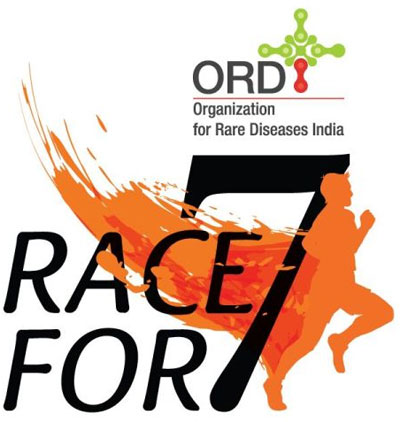Usher Syndrome
Usher syndrome is the most common genetic cause of combined deafness and blindness.
Individuals with Usher syndrome experience hearing loss, either profound, mild or moderate, at, or soon after, birth. They are also born with retinitis pigmentosa (RP), which causes night blindness and progressive loss of visual fields. Due to the progressive nature of RP, this condition often goes unnoticed for many years. Even after RP is diagnosed, clinicians may not realize that there is a genetic connection between the vision loss and hearing loss.
There are three clinical types of Usher syndrome: type 1, type 2 and type 3, which are distinguished by the severity of hearing loss, rate of vision loss and, in some cases, the existence of vestibular issues.
There are at least nine different genetic subtypes of Usher syndrome: five genes that cause Usher type 1, three that cause Usher type 2, and one that causes Usher type 3. DNA testing is the only reliable way of determining one’s genetic type.
Symptoms
Usher syndrome impacts three major senses in the body:
Vision: Retinitis pigmentosa (RP) causes the light-sensing cells in the retina to gradually deteriorate, initially resulting in night blindness, followed by a progressive narrowing of the visual field, commonly known as tunnel vision.
Hearing: Children with Usher syndrome are born with or develop hearing loss. It’s estimated that upward of 10 percent of individuals with congenital bilateral, sensorineural hearing loss have Usher syndrome.
Balance: Balance is achieved and maintained through input from your eyes, the vestibular organs in the inner ear and the sensory systems of the body, such as the skin, muscles and joints. Some Individuals with Usher syndrome experience severe balance issues due to vestibular dysfunction.
Causes:
Usher syndrome is inherited as a recessive trait. The word recessive means that in order to have Usher syndrome, an individual must receive two Usher genes – one from each parent. If a person has only one Usher syndrome gene, he or she is considered a “carrier” of the Usher gene. Carriers have typical vision and hearing. If a mother and father are both carriers of the same Usher gene, they will have a one-in-four chance of having a child with Usher syndrome with each birth.
Because Usher syndrome is rare, parents who have typical hearing and vision often do not know that they are carriers of an Usher syndrome gene. Only genetic testing can determine if they are carriers.
Diagnosis
Definitive diagnosis of Usher syndrome can only be made by genetic testing.
Population Estimates
To our knowledge, there is no data on the Usher population in India. Using the prevalence rate of 1/17,000 (USA), and the 2017 population of India (1.3366 billion), we estimate approximately 78,000 individuals in India with Usher syndrome. This number could be influenced by many factors and serves only as a starting point for discussion.
Treatment and Management
There is currently no treatment or cure for the hearing loss, vision loss or vestibular symptoms associated with Usher syndrome. Hearing aids or cochlear implants can mitigate hearing loss. Exercise and physical therapy have been reported to help with balance issues. Research suggests that wearing sunglasses prevents stress to the eyes. Some doctors suggest Vitamin A therapy under a doctor’s care.
International Usher Syndrome Registry – the USH Trust
The Usher Syndrome Coalition is the only organization working to provide information and support to individuals of all ages and types of Usher syndrome, worldwide. The Coalition maintains the largest international registry of children and adults with Usher syndrome. The registry helps to identify the Usher community and connect them with researchers and others worldwide. Individuals with Usher syndrome in India are encouraged to join at https://www.usher-registry.org
- Usher Syndrome Coalition: https://www.usher-syndrome.org
- Orphanet: https://www.orpha.net/consor/cgi-bin/Disease_Search.php?lng=EN&data_id=662&Disease_Disease_Search_diseaseGroup=Usher-syndrome&Disease_Disease_Search_diseaseType=Pat&Disease(s)/group%20of%20diseases=Usher-syndrome&title=Usher%20syndrome&search=Disease_Search_Simple
- Genetics and Rare Disease Information Center: https://rarediseases.info.nih.gov/diseases/7843/usher-syndrome
- National Organization for Rare Diseases: https://rarediseases.org/rare-diseases/usher-syndrome/
- Genetics Home: https://ghr.nlm.nih.gov/search?query=usher+syndrome



